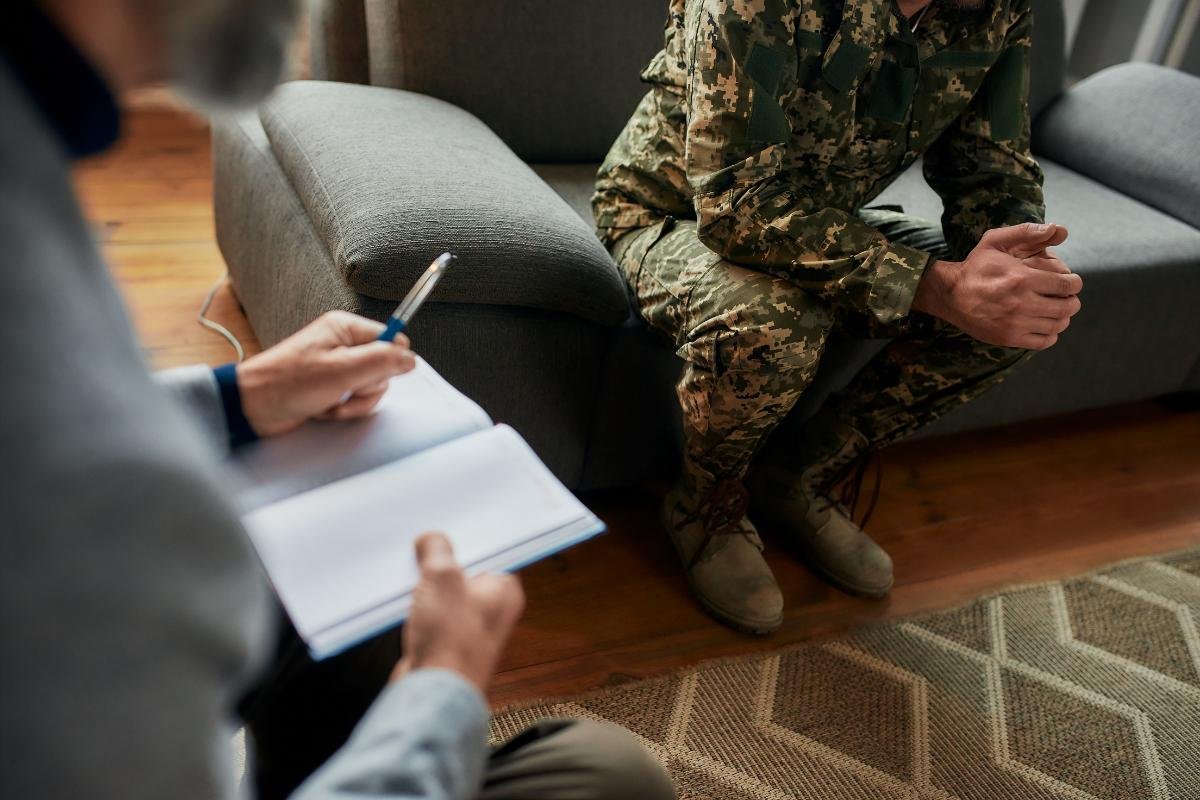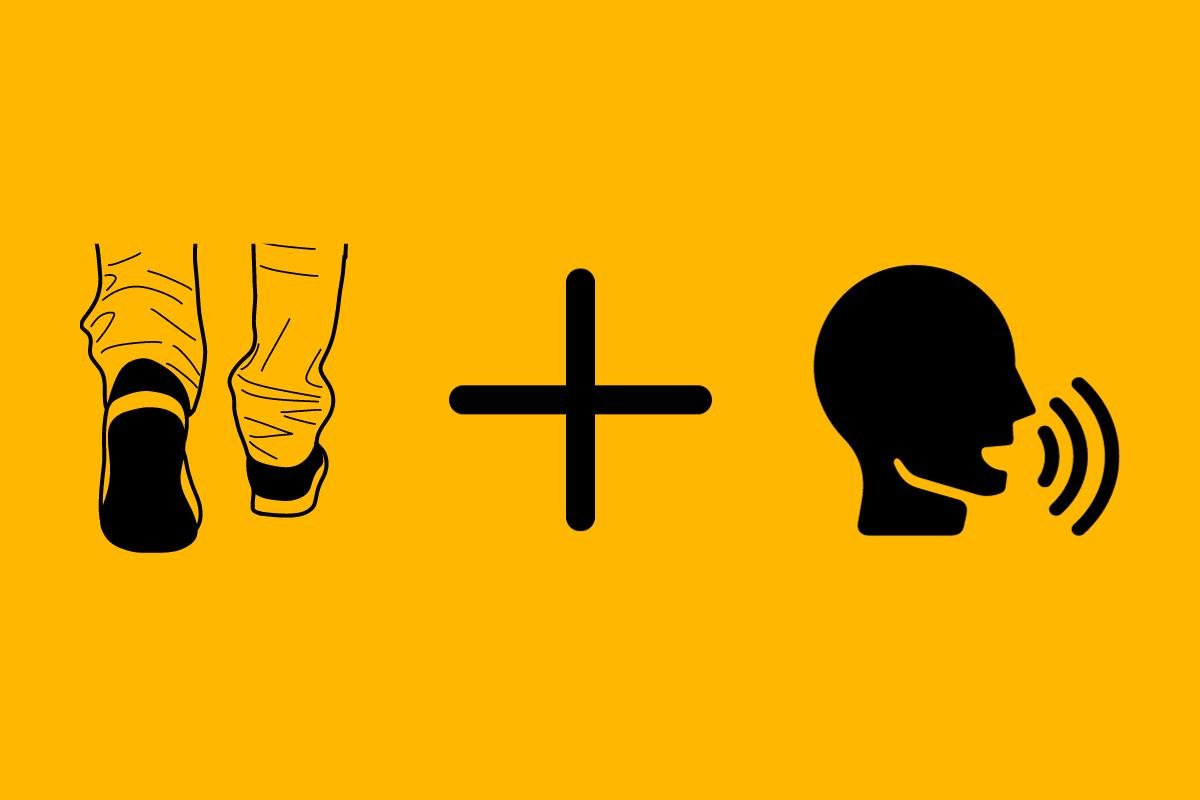
Resources for Service Members and Veterans
for Concussion (mTBI) and PTSD
Treatments Centers & Types of Treatments
For concussion / mild traumatic brain injury (mTBI), blast TBI, and co-occuring PTSD
Mental Health Issues and PTSD
Self-care, Complementary and Alternative Treatments
Other Resources
Blog Posts: Research and News
As part of the HERO study, researchers Raouf Gharbo and James Burchat are studying the effectiveness of heart rate variability (HRV) biofeedback for veterans and service members with persisting symptoms after concussion.
Dr. Lisa Brenner, a rehab neuropsychologist, gives a comprehensive overview of the research on the relationship between mTBI, blast exposure, and PTSD in military populations, and adds military-specific recommendations for evaluation and treatment.
A recent New York Times article has brought greater attention to the use of ibogaine, a psychedelic derived from the bark of iboga trees, as a growing treatment for US veterans suffering from symptoms of brain injury and PTSD.
A study found that females reported higher total postconcussive symptoms compared to males and that military personnel reported higher total symptoms than the civilian population.
In a multimodal study published in Proceedings of the National Academy of Sciences, Natalie Gilmore et al. found that higher cumulative blast exposure was associated with decreased brain function and lower quality of life. According to a New York Times article, the damage seen in these brains was not CTE but a new pathology.
Veterans exposed to blast-induced mild traumatic brain injury (blast mTBI) may experience impaired function of the glymphatic system, according to a recent study published in Brain.
Findings from a recent study in Nature Mental Health exploring the gut-brain-microbiota axis revealed that those who adhered to a Mediterranean diet experienced reduced PTSD symptoms,
On February 28, the Senate Armed Services Subcommittee on Personnel held a hearing about traumatic brain injury from repeated blast exposure for U.S. service members. Senator Elizabeth Warren, Chairwoman of the subpanel, led the two-hour hearing in which senators questioned experts. Senator Warren said, “We need to do better for our troops, and we need to do it right now.”
A recent study has found that acupuncture has a statisticcally significant effect on reducing symptoms of PTSD.
In a recent New York Times report, Dave Phillips brought attention to abundant evidence indicating that brain injuries and “serious and lasting harm” in veterans are related to their exposure to repetitive blasts from weapons used in training.
We are super excited about this opportunity! When you register with the TROOPS referral program, you will be connected with multiple research teams, several of which are recruiting for studies of treatments for concussion (mTBI). Civilians are welcome to join, and there is no upper age limit.
A study published by Andrea Schneider et al. in the American Heart Association journal Stroke highlights how a prior history of traumatic brain injury is strongly associated with long-term stroke risk among US military veterans. Based on previous research, TBI is highly prevalent among military veterans. Those with prior TBI are at an increased long-term risk for stroke.
“Veterans who reported having at least one traumatic brain injury or TBI at any time in their life had lower cognitive scores in later life, compared to twin siblings who did not experience a TBI,” observed Dr. Chanti-Ketterl during a recent podcast about a twin study of WWII veterans (published in Neurology), of which she was the first author.
Repeated blast exposure from firing heavy weaponry such as cannons, mortars, shoulder-fired rockets, and even large-caliber machine guns is causing long-term injury to the brains of our military service members. The New York Times reported on the military’s struggle to understand the life-changing mental and physical problems U.S. troops face as a result of blast exposure.
A study published in JAMA Neurology aimed to find out whether cognitive behavioral therapy (CBT) could be a viable option for veterans suffering from severe levels of both PTSD and PTH. The study found that a new therapy, CBT for headache, reduced how much these veterans were affected by headaches and PTSD when compared to the usual treatment and that the treatment effect lasted up to 6 months after the therapy.
A recent literature review conducted by Danielle DuPlessis et al. investigated the use of multi-domain assessments in tracking the recovery from concussion in both sports-related and military contexts. The study, published in Physical Therapy in Sport, found a strong preference for dual-task assessments, specifically, combinations of walking on a level surface while the participant answered questions.
Research published in Nature Medicine by Mitchell and colleagues found that MDMA-assisted manualized inner-directed therapy (MDMA-AT) is a more effective treatment than manualized inner-directed therapy alone for improving moderate to severe post-traumatic stress disorder (PTSD).
Service members and veterans with a history of mild traumatic brain injury (including concussion) and struggling with symptoms of depression may want to participate in a clinical trial of a cognitive behavioral app designed specifically for the military community.
A study found that “veterans with chronic headache were very interested in combining alternatives, such as acupuncture, massage, yoga or tai chi, with mainstream medicine and that they were encouraged by the fact that alternatives exist to simply taking additional pharmaceuticals for pain.”

































A study found that active duty service members with a history of mild traumatic brain injury (mTBI) and PTSD had similarly lower levels of resting state functional connectivity (rsFC) in regions associated with working memory compared to service members with an orthopedic injury.